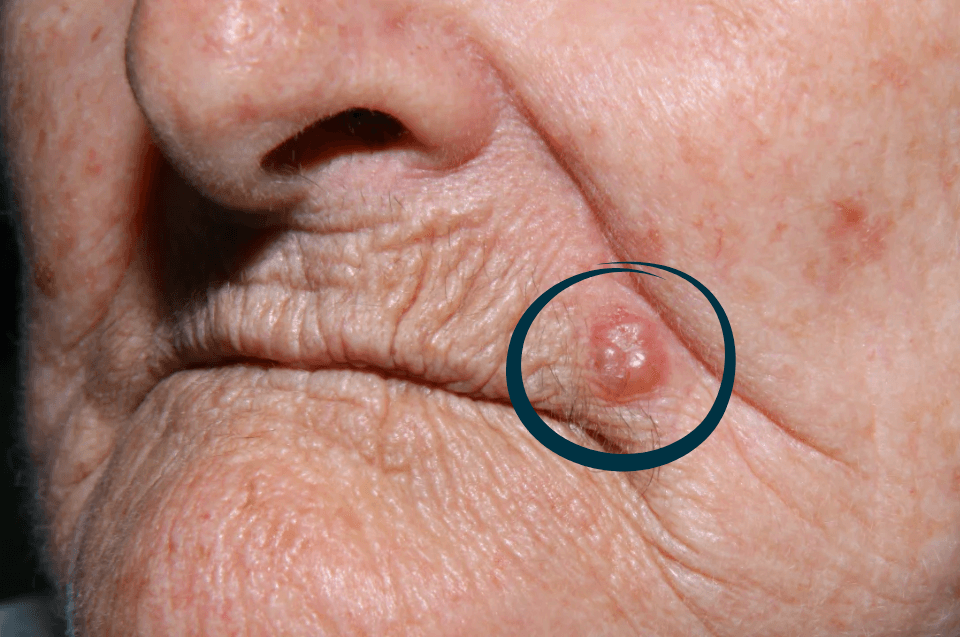Alzheimer’s disease is a progressive neurodegenerative disorder that affects millions of people worldwide, being the leading cause of dementia in the elderly. It is characterized by the deterioration of cognitive functions, impacting memory, language, and reasoning abilities. Although there is no cure yet, recent advances in science offer new hopes for early diagnosis and treatment of the disease.
What is Alzheimer’s Disease?
Alzheimer’s is a condition that affects the brain, leading to the gradual death of neurons and the accumulation of beta-amyloid plaques and neurofibrillary tau tangles, proteins associated with brain degeneration. As the disease progresses, communication between nerve cells deteriorates, resulting in cognitive and functional decline.Main Causes and Risk Factors
Although the exact cause of Alzheimer’s is not yet fully understood, several factors may contribute to the development of the disease:- Advanced age: The greatest risk factor, with most cases occurring after age 65.
- Genetic factors: Some genetic mutations may increase the risk, especially in early-onset Alzheimer’s.
- Family history: Individuals with close relatives diagnosed with Alzheimer’s have a higher predisposition.
- Lifestyle and cardiovascular health: High blood pressure, diabetes, obesity, and smoking increase the risk.
- Low educational level: Studies indicate that higher education may provide a “cognitive reserve” against the disease.
Symptoms of Alzheimer’s Disease
Alzheimer’s symptoms begin subtly and worsen progressively. They include:Early Stage:
✔ Forgetting recent events. ✔ Difficulty finding words. ✔ Loss of time sense and mild disorientation.Middle Stage:
✔ Increasing difficulty recognizing people and places. ✔ Problems performing daily tasks. ✔ Mood and behavior changes, such as aggression and anxiety. ✔ Sleep disturbances and episodes of confusion.Late Stage:
✔ Inability to communicate verbally. ✔ Loss of motor control and need for assistance with basic activities. ✔ Swallowing problems and risk of recurrent infections.Diagnosis and Importance of Early Identification
Early diagnosis of Alzheimer’s is essential for better disease management. It is based on: ✔ Clinical and neuropsychological evaluation: Cognitive tests to assess memory, language, and reasoning. ✔ Brain imaging exams: MRI and PET scans help identify brain changes. ✔ Biomarkers in cerebrospinal fluid: Allow detection of beta-amyloid and tau proteins before symptom onset. ✔ Genetic testing: Useful in familial early-onset Alzheimer’s cases.Available Treatments for Alzheimer’s
Although there is no cure, available treatments help slow symptom progression and improve quality of life.1. Medications
Alzheimer’s medications should be prescribed exclusively by a doctor, as improper use may cause serious side effects.- Cholinesterase inhibitors (Donepezil, Rivastigmine, Galantamine): Help improve communication between neurons.
- Memantine: Reduces glutamate toxicity, aiding cognitive function.
- Lecanemab and Donanemab: Newly approved therapies that act by removing beta-amyloid plaques.
2. Complementary Therapies
✔ Cognitive stimulation: Games, reading, and activities that keep the brain active. ✔ Physical therapy: Helps maintain mobility. ✔ Psychological support: Assists in coping with the emotional impact of the disease. ✔ Family and caregiver support: Essential for ensuring the patient’s quality of life.Recent Advances in Research and Treatment
In recent years, new approaches to Alzheimer’s treatment have been explored: ✔ Alzheimer’s vaccines: Studies investigate immunotherapies to reduce beta-amyloid buildup in the brain. ✔ Gene therapy: Research is testing genetic modification to protect neurons. ✔ Artificial Intelligence in Diagnosis: Algorithms analyze brain patterns to identify early signs of the disease. ✔ Experimental drugs: New compounds are being tested to slow disease progression.Prevention: How to Reduce the Risk of Alzheimer’s?
Although there is no definitive way to prevent Alzheimer’s, some measures may help reduce the risk: ✔ Healthy diet: Diets rich in omega-3, antioxidants, and vitamins are beneficial. ✔ Regular physical activity: Exercises help preserve brain function. ✔ Maintaining cardiovascular health: Controlling high blood pressure, cholesterol, and diabetes may reduce risk. ✔ Constant mental stimulation: Learning new skills and maintaining social interactions can strengthen cognitive reserve. ✔ Adequate sleep: Good sleep is essential for clearing brain toxins.Myths and Truths About Alzheimer’s
Despite being widely studied, Alzheimer’s is still surrounded by myths that can hinder understanding and delay diagnosis. One common misconception is believing that memory loss related to aging is always a sign of Alzheimer’s — when in fact mild and sporadic forgetfulness can be a normal part of aging. Another frequent myth is the idea that the disease is inevitable in elderly people, which is not true: although age is an important risk factor, many people age with preserved cognitive functions. There are also those who believe Alzheimer’s is contagious, which is completely false. The disease is not transmitted through contact, droplets, or close interaction. An interesting myth that gained popularity is that using the non-dominant hand for daily tasks could “exercise the brain” and prevent the disease. Although mental stimulation is beneficial for brain health, there is no solid scientific evidence that switching hands when brushing teeth or writing, for example, has a direct impact on Alzheimer’s prevention. The most important thing to maintain brain health is to adopt proven effective habits, such as maintaining a balanced diet, regularly practicing physical activity, controlling diseases like hypertension and diabetes, and staying intellectually and socially active.



